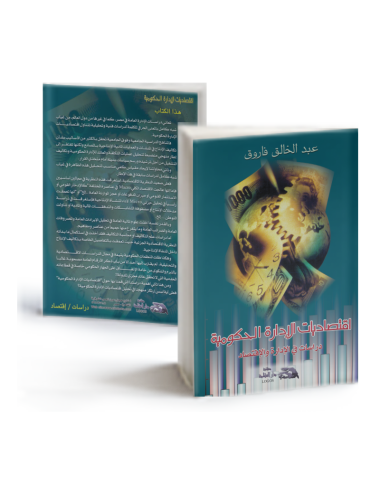the nineteenth of maquerk, based on proverbs 13:4
Sometimes Laziness has its own Reward
0 kg - 300 kg
Sometimes Laziness has its own Reward
Children can understand the importance of listening to others when they see how one proud insect learns her lesson in a most of unfortunate way.
Antigone begins with The two sons of Oedipus, Eteocles and Polyneices, who are fighting for the kingship of Thebes. Both men die in the battle. Their successor, Creon, decides that King Eteocles will be buried, but Polyneices, because he was leading a foreign army, will be left on the field of battle. Antigone, his sister, buries him anyway.
Antigone is caught burying Polyneices and is condemned to death. Her fiance and Creon's son, Haemon, learns about this and tries to convince Creon to change his mind. It's only then that the seer Tiresias appears. After a long discussion, he finally persuades Creon that the gods want Polyneices buried. By then it's too late Antigone has hung herself, Haemon kills himself when he finds her, and Creon's wife kills herself when she learns about her son.
Sometimes Laziness has its own Reward
What is required for Egypt is not to give up the "peace option", but for Egypt to fight a "peace war", taking advantage of the elements of weakness in the Israeli entity.
And what after God has honored me, by virtue of my profession as a psychiatrist, with more than half a century of experience, is it right for me to keep all this to myself? As I offer my knowledge and experience to my patients - and as much as possible - I have resolved to present all this in a book, which is a mutual conversation between me and the other party, which is you, the generous reader, so that you may benefit from it by the grace of God, and perhaps also benefit those around you.
The detainees in the prisons of the Israeli occupation are not separated from the resistance or the Palestinian national movement. They are an intimate and organic part of the resistance and the movement alike, but are they prisoners, detainees, or prisoners?
This book is an integrated study that deals in a clear and systematic manner with one of the most important tributaries of the cultural information sector in Egypt, namely the publishing and printing sector.
Public administration studies in Egypt as in other countries of the world suffer from an almost complete absence in the literal sense of the word for technical and analytical studies dealing with the economics of government administration.











